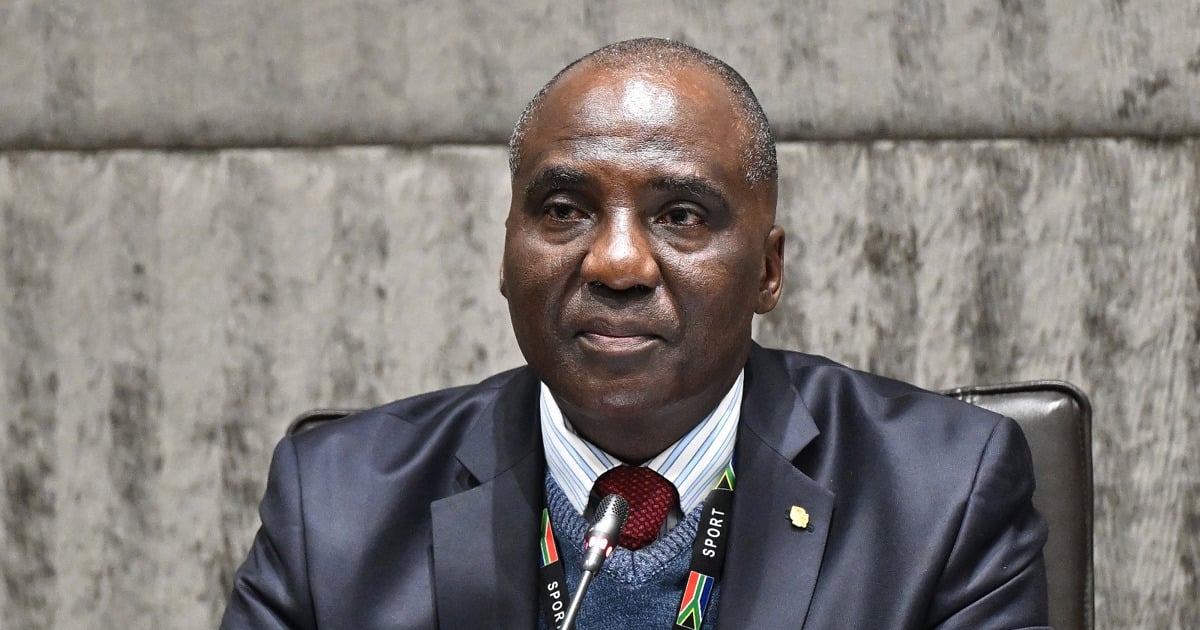Fuel Levy Debate Rages On: Maswanganyi Signals More Discussions Ahead

The recent increase in South Africa's fuel levy, implemented by Finance Minister Enoch Godongwana to address a budget shortfall, has sparked a heated debate that isn't showing signs of cooling down. Joseph Maswanganyi, the chairperson of Parliament's Standing Committee on Finance, has confirmed that discussions surrounding the levy hike are far from over, indicating potential further scrutiny and possible adjustments.
For three years, the fuel levy remained stagnant, providing a degree of relief to consumers already grappling with rising living costs. However, with the national budget facing pressure, Godongwana announced a hike in Wednesday's adjustments, a move that has been met with mixed reactions from the public and various sectors of the economy.
Why the Fuel Levy Increase?
The decision to increase the fuel levy was primarily driven by the need to bridge a significant budget deficit. South Africa's government faces challenges in balancing revenue and expenditure, and the fuel levy is a readily available source of income. This increase aims to bolster government revenue, allowing for continued investment in essential services and infrastructure projects.
Maswanganyi's Concerns and Future Discussions
Maswanganyi’s statement underscores the committee’s ongoing commitment to overseeing the financial health of the nation. He emphasized that the committee will continue to engage with the Minister of Finance and other relevant stakeholders to assess the impact of the fuel levy increase on consumers, businesses, and the overall economy. The committee is likely to consider factors such as inflation, transportation costs, and the potential for increased hardship among vulnerable populations.
“This is not the end of the conversation,” Maswanganyi stated. “We need to carefully consider the long-term implications of this decision and ensure that it doesn't disproportionately impact those who can least afford it.”
Potential Outcomes and Consumer Impact
The ongoing debate could lead to several outcomes. The committee might recommend adjustments to the levy, explore alternative revenue-generating measures, or propose targeted relief programs to mitigate the impact on low-income households. Consumers should brace themselves for potentially continued volatility in fuel prices, as the government navigates these complex economic challenges.
Broader Economic Implications
The fuel levy increase has broader economic implications. Higher fuel costs can translate to increased transportation expenses for businesses, potentially leading to higher prices for goods and services. This, in turn, can fuel inflation and impact consumer spending. The government will need to carefully monitor these effects and implement appropriate measures to stabilize the economy.
The situation highlights the delicate balancing act that governments face in managing public finances while minimizing the burden on citizens. The continued debate surrounding the fuel levy increase demonstrates the importance of transparency, accountability, and ongoing engagement between policymakers and the public.





